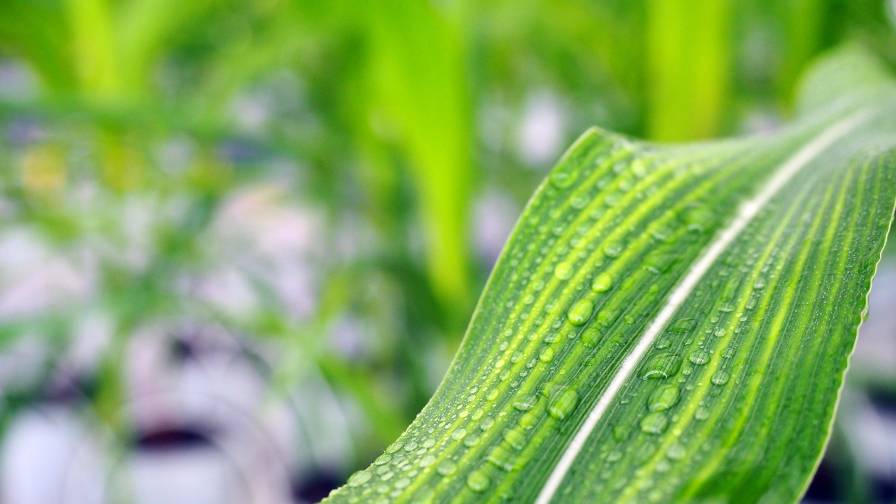India: Surviving the Pandemic in the Fields
“Manure is the farmer’s gold” is an old Estonian proverb that means exactly what it says – that a cultivator is disadvantaged without a nourished soil for the crop to be sown, reports Prabodh Krishna at BusinessWorld. The summer sowing season of 2020 leaves a wide swathe of the Indian farming community scouting for that gold as the summer (Kharif) sowing season begins. So far, the Rain Gods promise to be benevolent, which is more reason for a clamor for seeds, fertilizer, and agrochemicals like pesticides – supplies of all of which have been disrupted during the mayhem that broke out in the wake of the lockdown announced in March.
Farmers’ unions admit that the timely installments of the PM-Kisan (Pradhan Mantri Kisan Samman Nidhi) equipped farmers with the much-needed funds to buy raw materials. Agrarian India was also broadly exempt from the strictures imposed during the lockdown and many impediments to marketing the Rabi (winter crop) harvest were also ironed out. Concessions and exemptions were announced for farmers in phases, amounting to a Rs 1.2 lakh crore package, supply glitches in crucial agricultural inputs like seeds, fertilizer, and agrochemicals arose for varied reasons.
So the grumble in the fields, where green shoots of paddy, pulses, maize or groundnut are sprouting for the autumn harvest, is merely a murmur and not a rumble. One worry is that hurdles in transporting the harvest to the market could send prices of crops tumbling. In both the U.S. and EU, the severity of the pandemic made it difficult for farmers to get remunerative prices for farm produce. A FICCI- GT report says between mid-April and mid-May almost 90% of the farmers in India were either unable to harvest their crops or were stuck with it after harvesting and unable to sell the produce at all.





